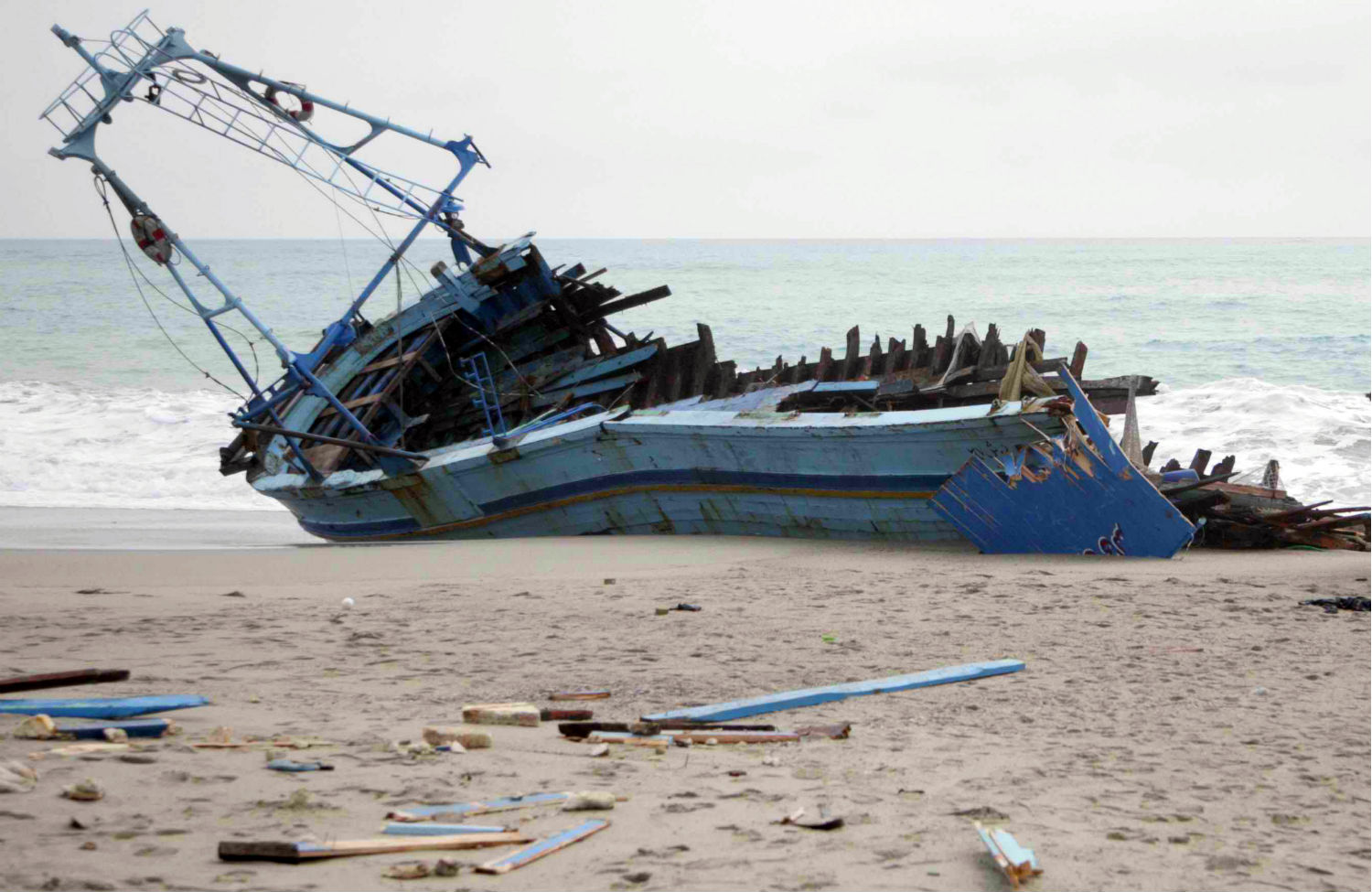
At Least 2,500 Migrants Have Died Trying to Reach Europe This Year At Least 2,500 Migrants Have Died Trying to Reach Europe This Year
In the face of Europe's reinforced borders and continued neglect, thousands of refugees are drowning at sea.
Oct 3, 2014 / Blog / Michelle Chen
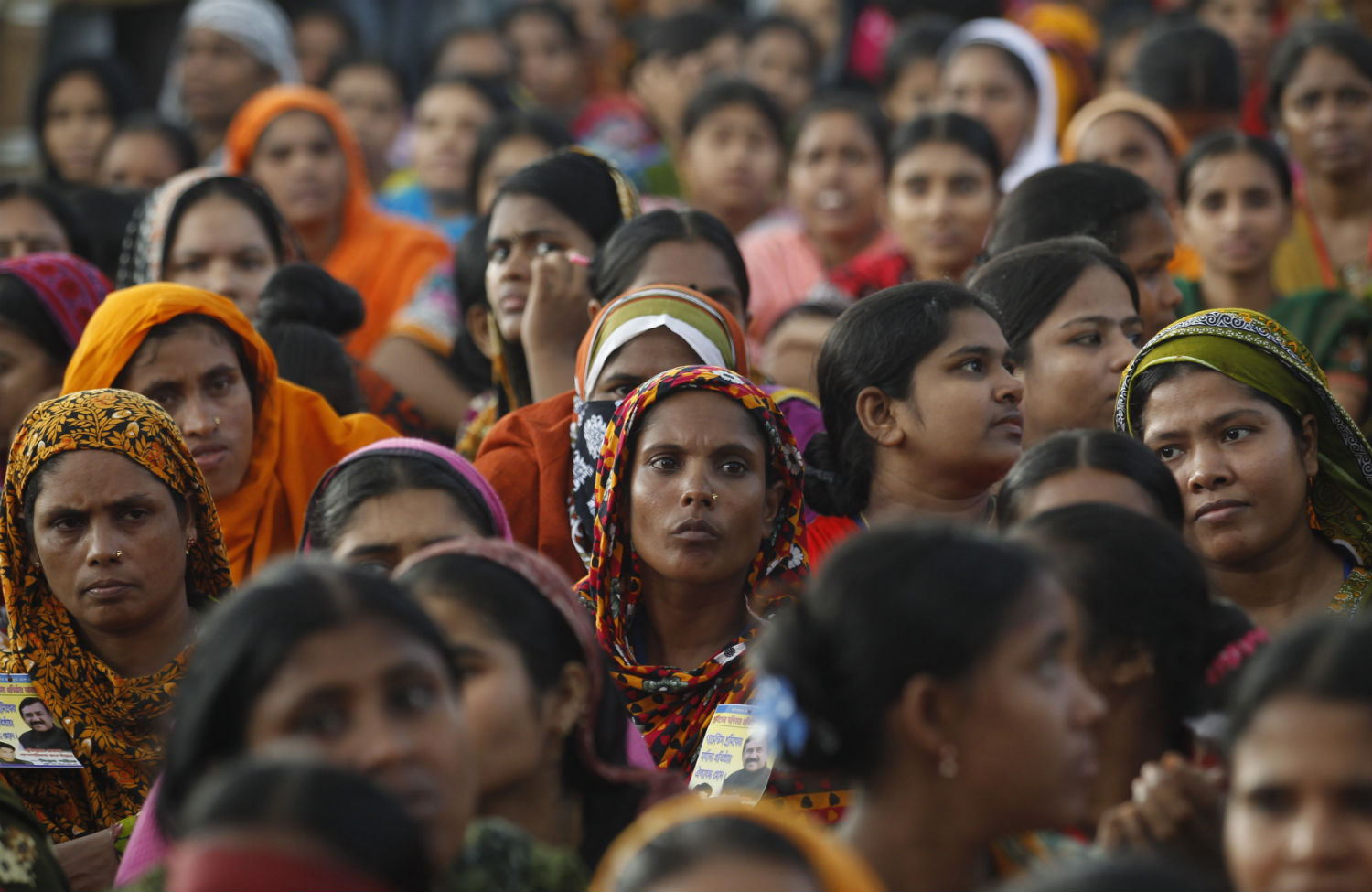
Bangladeshi Workers Organize to Protect Their Most Valuable Export: Themselves Bangladeshi Workers Organize to Protect Their Most Valuable Export: Themselves
Migrant domestic workers from Bangladesh enjoy little protection from their government, but they’re not alone.
Oct 1, 2014 / Foreign Policy In Focus / Tiffany Williams and Foreign Policy In Focus
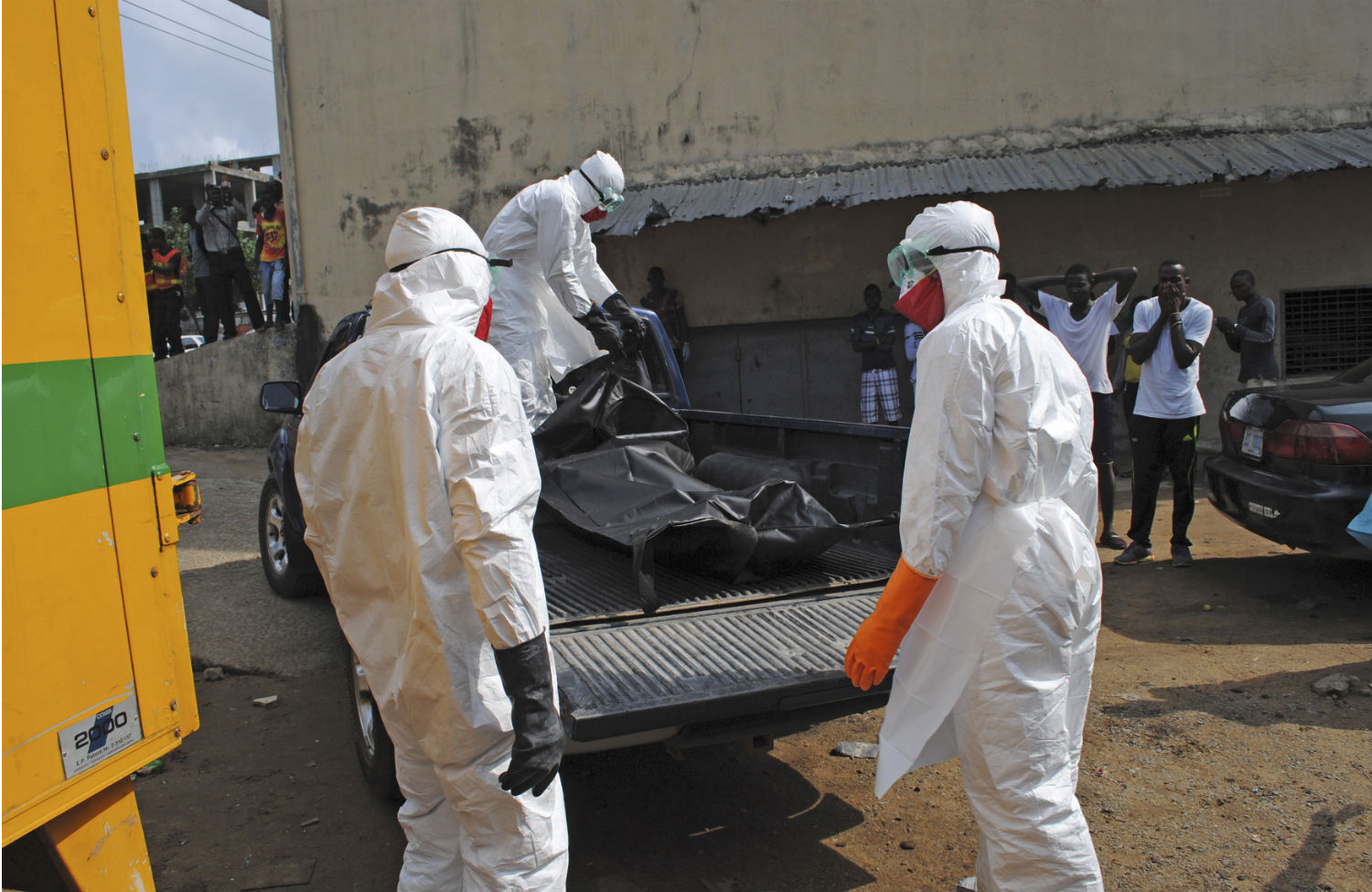
Why Are We Sending Soldiers Trained for War to Respond to the Ebola Crisis? Why Are We Sending Soldiers Trained for War to Respond to the Ebola Crisis?
Few would oppose a robust US response to Ebola, but the Obama administration's deployment of 3,000 troops to Liberia comes amid a broader US-led militarization in West Africa.
Sep 25, 2014 / Foreign Policy In Focus / Joeva Rock and Foreign Policy In Focus

Israel’s Bloated War Machine Israel’s Bloated War Machine
Prime Minister Netanyahu promotes and sometimes manufactures an endless series of national security crises. The military and settlers win; everyone else loses.
Sep 25, 2014 / Uri Blau
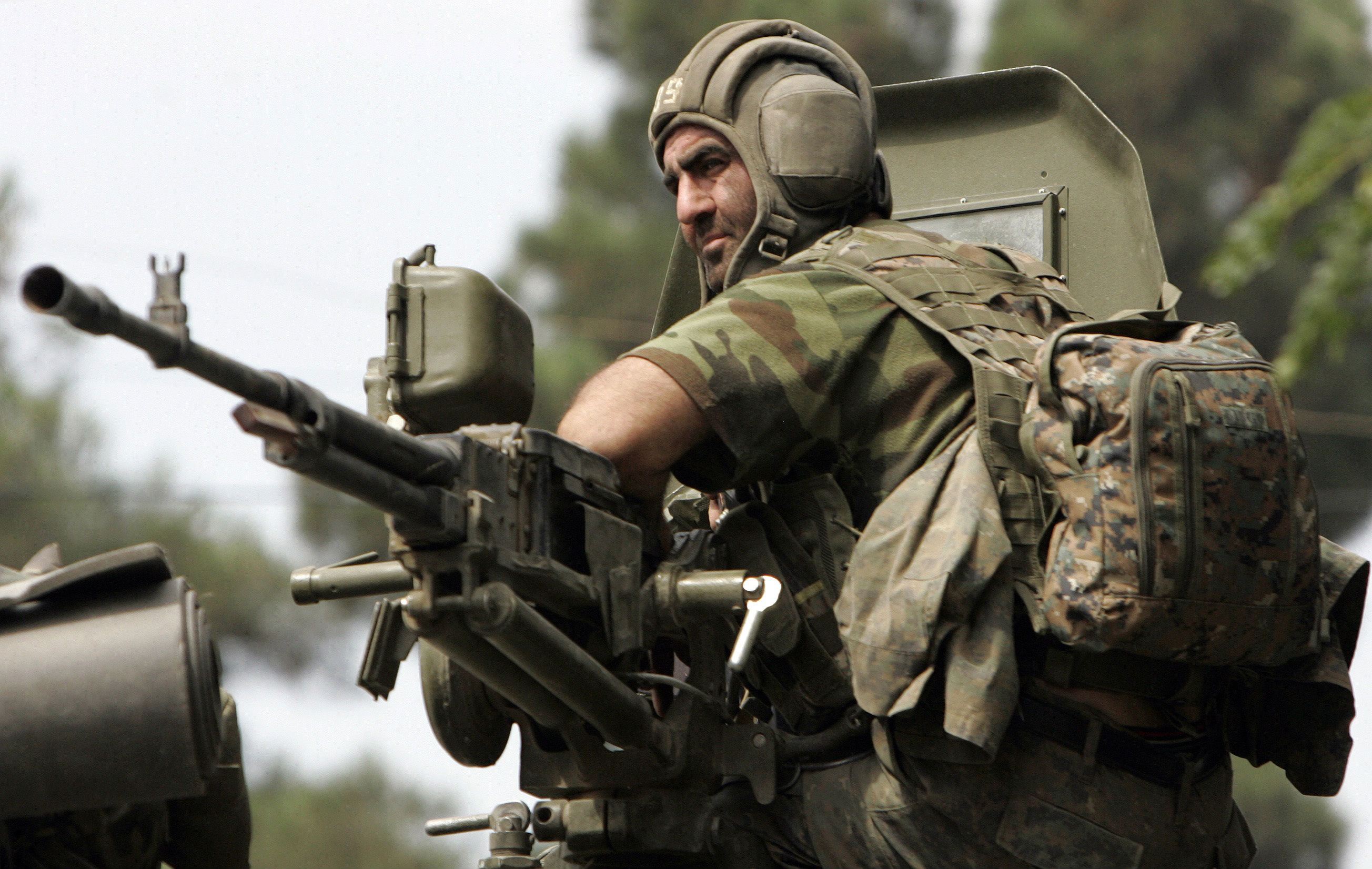
Will Georgia Be the Next Ukraine? Will Georgia Be the Next Ukraine?
Political tensions, exacerbated by Western regional expansion, are raising the risk of violence.
Sep 25, 2014 / Pietro A. Shakarian
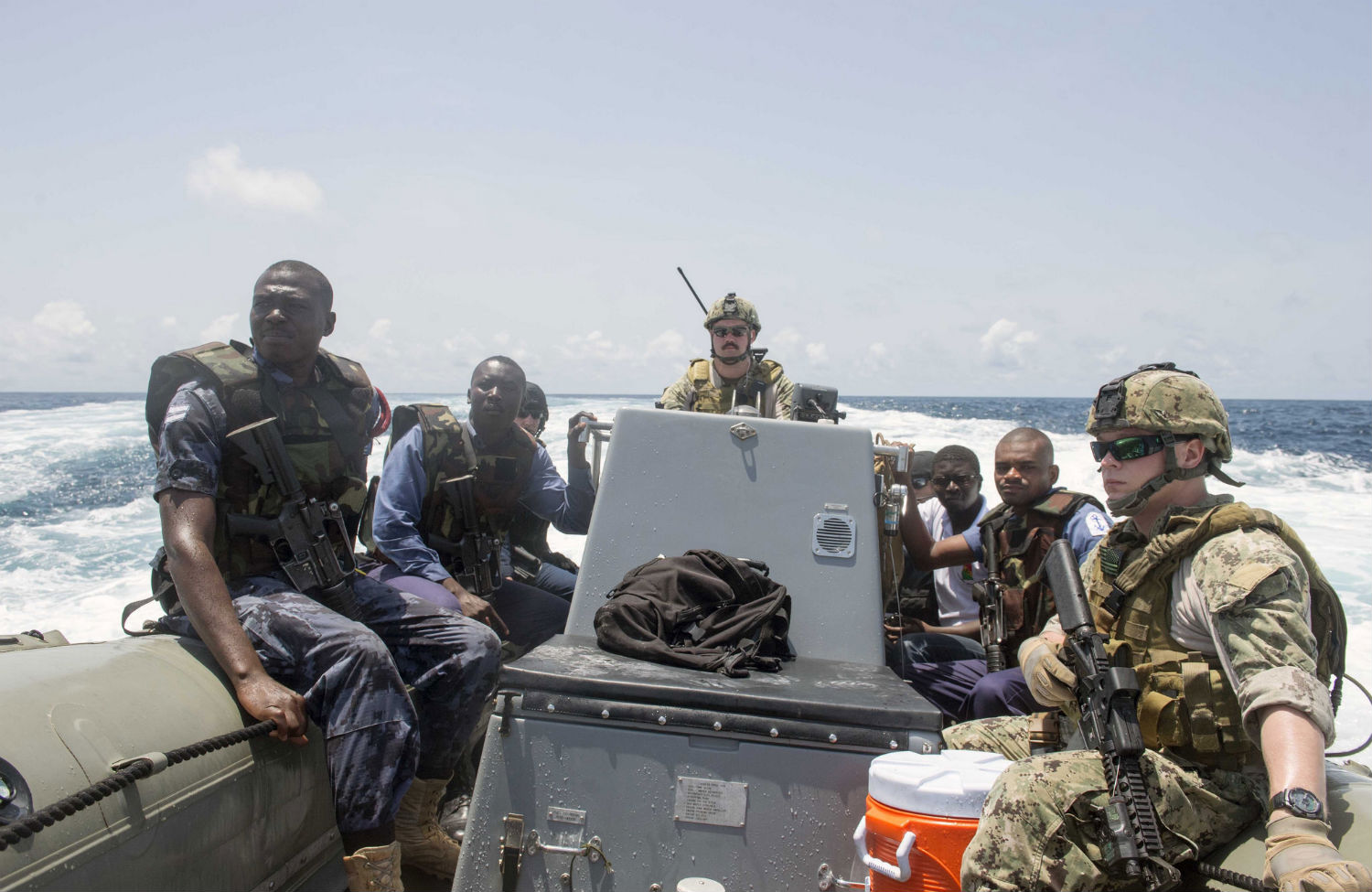
The US Has Spent Tens of Millions of Dollars Fighting Pirates, and It Still Failed The US Has Spent Tens of Millions of Dollars Fighting Pirates, and It Still Failed
Despite US military efforts, maritime insecurity has been markedly on the rise in the waters off West Africa.
Sep 25, 2014 / Nick Turse
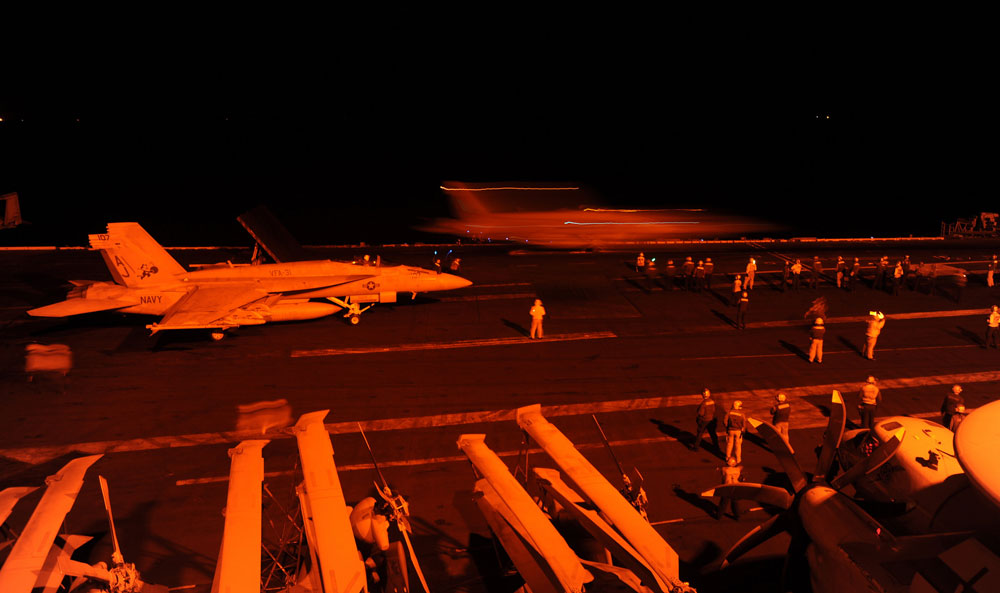
The Loneliest Pundits The Loneliest Pundits
The war whoops of the pundit class helped propel the nation into yet another doomed military adventure in the Middle East. Ghastly beheadings by a newly discovered enemy were the frightening flashpoint. The president ordered bombers aloft, and US munitions were once again pounding battlefields in Iraq—and, at the time of this writing, in Syria. The president promised to “degrade and destroy” ISIS. Here we go again, I thought. This is how modern America goes to war. When the superpower Goliath is challenged by sudden savagery, it has no choice but to respond with brute force. Or so we are told. Otherwise, America would no longer be a convincing Goliath. Citizens and members of the uniformed military are tired of war, but both in a sense are prisoners of the media-hyped hysteria that is the usual political reflex. Shoot first, ask questions later. While some commentators, like David Ignatius, have raised good questions about how this war will be fought, such questions do not address the larger question facing American warmaking. Please support our journalism. Get a digital subscription for just $9.50! Among leading columnists, I have seen only two who are framing the American dilemma in a more straightforward way. Columnist Eugene Robinson is a lonely voice at The Washington Post arguing for a fundamental shift. He has no touchy-feely illusions about holding hands with jihadists. But he knows repression by military force ensures the cultural collision will get worse. “Political Islam cannot be bombed away,” Robinson wrote. “If it is not somehow allowed constructive expression, it will make itself heard, and felt, in more tragic ways.” Robinson is a liberal. The other columnist exploring similar terrain is Ross Douthat of The New York Times, a conservative. Douthat suggested a hybrid strategy of containment and attrition that avoids a larger war in Syria and backs away from the illusion that ground war leads to nation-building. “It does not traffic, in other words, in the fond illusions that we took with us into Iraq in 2003, and that hard experience should have disabused us of by now,” he wrote. “But some illusions are apparently just too powerful for America to shake.” Read Next: Peter Van Buren on the impossibility of victory in Iraq
Sep 24, 2014 / Editorial / William Greider
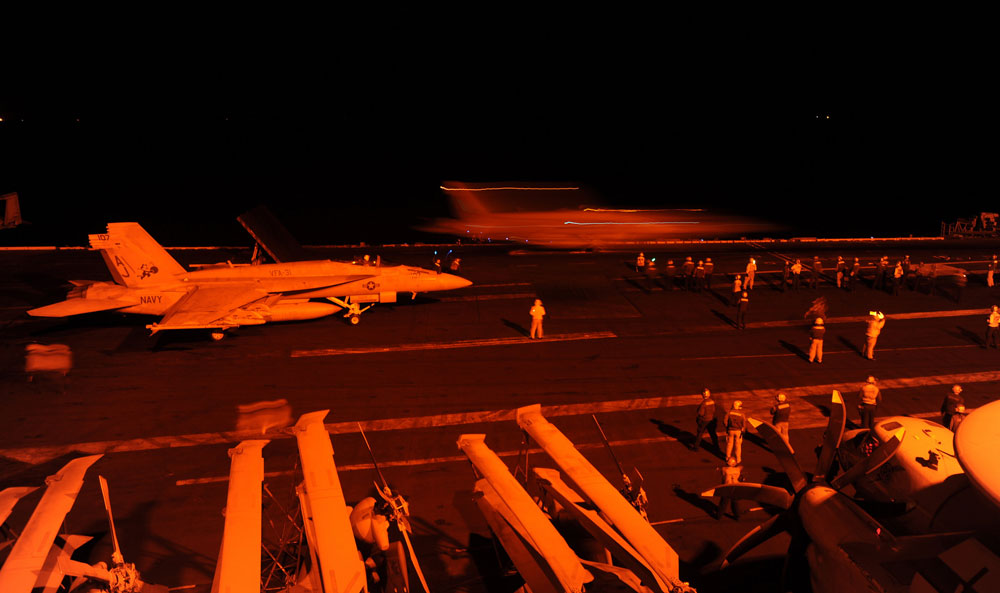
When Will American Foreign Policymakers Learn From Their Mistakes in the Middle East? When Will American Foreign Policymakers Learn From Their Mistakes in the Middle East?
Former top UN diplomat Lakhdar Brahimi lays out how decades of naïveté about Arab societies, poor planning and post-conflict miscalculations have fostered a deep mistru...
Sep 24, 2014 / Barbara Crossette

The Fight to Keep Toxic Mining Out of El Salvador The Fight to Keep Toxic Mining Out of El Salvador
Hundreds of protesters recently gathered at the World Bank to shame a gold-mining firm’s shakedown of one of Central America’s poorest countries.
Sep 23, 2014 / Foreign Policy In Focus / Diana Anahi Torres-Valverde and Foreign Policy In Focus

Washington Snubs Bolivia on Drug Policy Reform, Again Washington Snubs Bolivia on Drug Policy Reform, Again
Bolivia has found a way to cut coca production without sacrificing the leaf's cultural importance or cracking down on small growers. But Washington's not having it.
Sep 22, 2014 / Foreign Policy In Focus / Zoe Pearson, Thomas Grisaffi, and Foreign Policy In Focus
